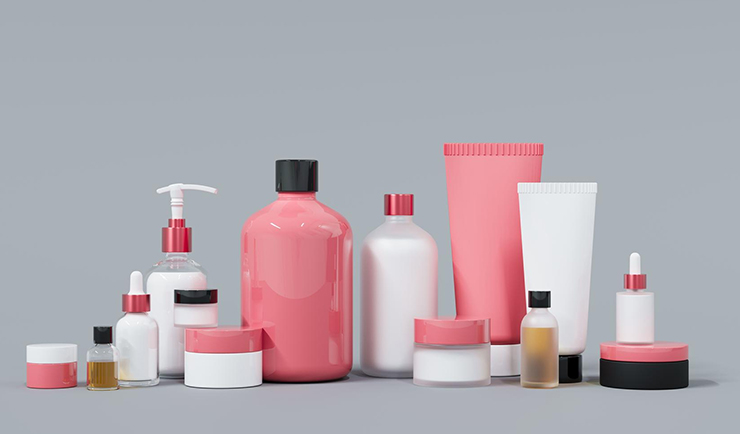I’ve always been fascinated by the science behind the beauty products we use daily. One of the most intriguing aspects is the role of cosmetic polymers. These advanced ingredients are the unsung heroes in many of our favorite skincare, haircare, and makeup products. Let me take you on a journey to explore what cosmetic polymers are, their benefits, and how they revolutionize the beauty industry.
What Are Cosmetic Polymers?
Cosmetic polymers are large, complex molecules composed of repeated subunits. They are synthesized to provide specific properties and functionalities in beauty products. These polymers can be natural, synthetic, or semi-synthetic, and each type brings unique benefits to the table.
The Benefits of Cosmetic Polymers
- Improving Texture and Consistency: Have you ever wondered why your favorite lotion feels so smooth or why your foundation glides effortlessly over your skin? That’s the magic of cosmetic polymers. They help improve the texture and consistency of products, making them more pleasant to use.
- Enhancing Stability: Stability is crucial for beauty products. Polymers prevent ingredients from separating and ensure the product remains effective over time. This means that your skincare serum will maintain its potency and texture from the first use to the last.
- Boosting Performance: Cosmetic polymers enhance the performance of beauty products. For instance, they can create a protective film on the skin, which helps to retain moisture, or they can improve the spreadability of a product, ensuring even application.
- Innovative Formulations: Thanks to cosmetic polymers, brands can develop innovative formulations. Whether it’s a long-lasting lipstick that won’t budge or a waterproof mascara that withstands tears, polymers make these advancements possible.
Types of Cosmetic Polymers
- Film-Forming Polymers: These polymers create a thin, flexible layer on the skin or hair. They are commonly used in hair styling products, sunscreens, and long-wear cosmetics. I love how they provide a lasting effect without feeling heavy or uncomfortable.
- Thickeners and Stabilizers: Thickeners give products a desirable viscosity, making them easier to apply. Stabilizers, on the other hand, ensure that the formulation remains homogeneous. I’ve noticed that products with these polymers don’t feel greasy or too runny.
- Conditioning Polymers: These are especially beneficial in haircare. Conditioning polymers make hair feel softer, more manageable, and reduce static. I’ve seen a significant improvement in the health and appearance of my hair since using products with these ingredients.
- Emulsifying Polymers: Emulsifiers allow water and oil to mix, creating stable emulsions. This is essential for products like moisturizers and creams. I find that these products are more hydrating and absorb better into the skin.
The Future of Cosmetic Polymers
The beauty industry is continuously evolving, and cosmetic polymers are at the forefront of this innovation. Researchers are developing new polymers that are more effective, sustainable, and suitable for various skin types. I’m excited to see how these advancements will lead to even better beauty products in the future.
In conclusion, cosmetic polymers play a vital role in enhancing the quality and performance of beauty products. From improving texture and stability to enabling innovative formulations, these advanced ingredients are essential in modern cosmetics. As someone who loves beauty products and science, I’m thrilled to see how cosmetic polymers continue to transform the industry.







